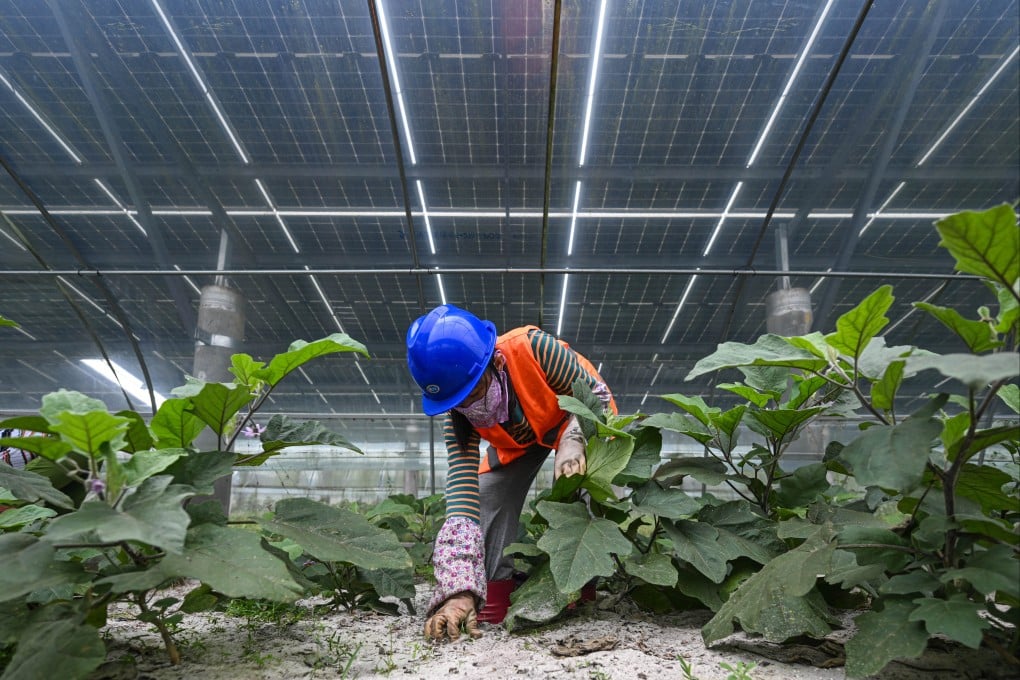China food security: grain reigns supreme as higher yields sought from limited land
- China has set out to boost grain yields in an action plan listing essential tasks for country’s drive to ensure food security
- Last year’s output was a national record, but authorities want improvement as arable land stagnates and gap widens with West in seed development

As it pursues a stable food supply in an increasingly fraught global environment, China has laid out plans to increase its grain yield and spur the advancement of its seed industry – essential to guaranteeing the nutritional needs of its people and bringing the country closer to agricultural parity with the advanced economies of the West.
It also set a target for total sown grain areas of about 1.75 billion mu (288.3 million acres), and 1.45 billion mu for the sown area of cereals. Both are slightly lower than the 1.78 billion mu and 1.5 billion mu respectively recorded in 2023.
“With tightening constraints on China’s natural resources and growing demand driven by upgrades of resident food structures, the tight balance between grain supply and demand will persist in the long term,” an official with the National Development and Reform Commission (NDRC), the country’s top economic planner, told state news agency Xinhua on Monday.
The official said the current gap was likely to widen further in the future, making crop output all the more important.
China has undertaken a full-bore effort to diversify its imports and boost domestic output to reduce overreliance on grains which are primarily grown overseas, such as soybeans and corn – both of which were prioritised in the plan.

.jpg?itok=t8OJmsoF)